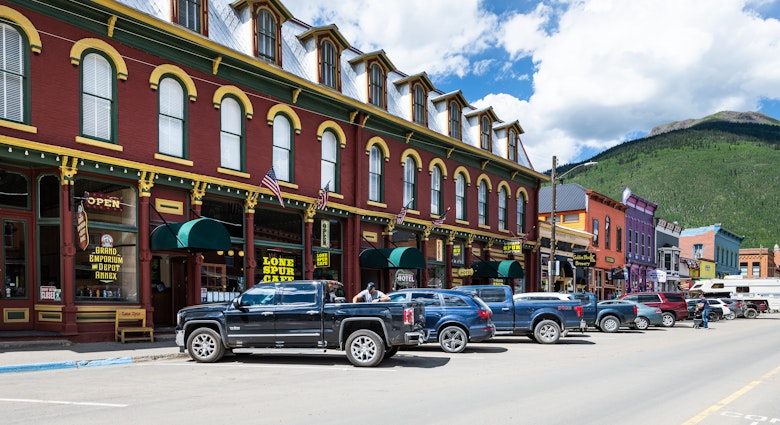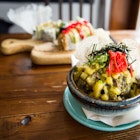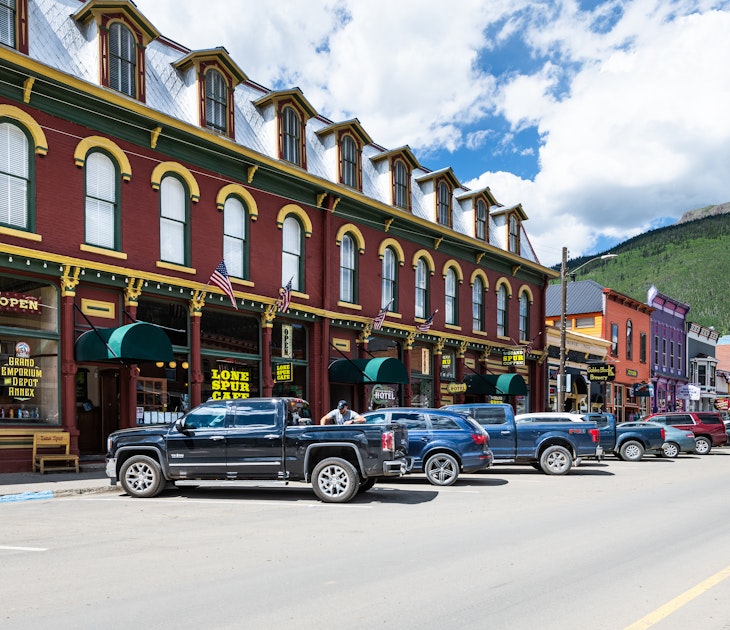

Beyond the usual selection of hotels from five-star to budget, Tokyo has plenty that fall off the spectrum entirely. These are places particular to the milieu of urban Japan - that of premium land prices, families in tight quarters and an otherwise efficient public transportation system that curiously shuts down at midnight. They are also part of a culture that values convenience and, perhaps above all, a good hot bath. Here are some places to lay your head that throw in a cultural experience free of charge.
1. Capsule hotel
Picture a room exactly the size of a single futon that - if you're not too tall - might have a ceiling high enough to allow you to sit upright. Now imagine those rooms, plastic boxes really, stacked in rows within another room and you've got a pretty good image of a capsule hotel.
It sounds totally bizarre; but then again, so does a youth hostel to the average Japanese person (sharing bunk beds with strangers, really?) In a capsule hotel you have a room full of strangers and your privacy (relatively) intact. You even get your own TV (though you have to listen through headphones) and use of a big, hot bath. Capsule hotels were designed for salarymen who missed their last train home; at about ТЅ4000 a night, a capsule is cheaper than a taxi ride back to the suburbs. As a result, most are located in nightlife districts.
A standard capsule hotel offers amenities like towels, toothbrushes and yukata (cotton robes). Still, they're not as quiet as you may think (or hope) - it's a good idea to pack earplugs.
Rest your head: try , a classic capsule hotel in Shinjuku's KabukichХ neighbourhood. Like many capsule hotels, Green Plaza is only for men, but , a few blocks away is just for women.
2. Sauna
Sauna is often a codeword for an inexpensive place to crash for the night. Larger public bathhouses - the ones that stay open all night - also usually have 'relaxation rooms', dimmed rooms with rows of reclining armchairs (or at worst, rows of thin plastic mattresses). Saunas are another breed of lodging commonly found in nightlife districts, but there is nothing inherently sketchy about them. More often than not, you'll find a room full of snoring salarymen or, at a women's sauna, bar hostesses shorn of their make-up and extravagant hairstyles.
Saunas are only marginally cheaper than capsule hotels (from about ТЅ3000 a night) but often have more varied bathing options; like capsule hotels, basic amenities like towels are included. There are also upscale saunas - the ones that call themselves spas - with elaborate theme baths and outdoor rotenburo that are tourist attractions in their own right (but more expensive).
Rest your head: try , central Tokyo's most upscale public bathhouse, which has three relaxation rooms (two just for women) and real onsen water in the baths. In addition to the standard admission fee of ТЅ2565, overnight guests pay an extra ТЅ1890. Note that visitors with tattoos will be denied admission.
3. Manga kissa
Manga kissa were, originally, places where you paid a set fee, picked a stack of books off the shelf and settled into a private booth to read for hours. (Kissa, short for 'kissaten', is the Japanese word for cafe; manga are Japanese comic books.) Then people started sleeping in them - often teenagers and young adults, sometimes out for the night, sometimes in between apartments. Rather than kick them out, manga kissa adapted and now outdo themselves with amenities for overnight guests. Some have shower rooms and flat, bench-like seats instead of upright chairs. The nicer ones will lend you blankets and hair dryers. A standard 'night-pack' of eight hours averages at about ТЅ1500 and includes all-you-can-drink soft drinks.
Rest your head: try in Shibuya; it's one of the better chains and even has a separate area for female guests.
4. Love hotels
These hotels are intended for amorous encounters and set themselves apart from ordinary hotels in three ways: decor, amenities and pricing schemes. They're not just for the scheming and the kinky either. It's not uncommon for Tokyoites to live with their parents - in cramped lodgings with thin walls - until they marry; love hotels are a social necessity. The most attractive have outrageous decors, packaging fantasy (or high kitsch) along with a bed; think theme rooms that evoke palaces and tropical islands. Some have in-room karaoke machines, jacuzzis or Wii consoles (strip bowling anyone?)
Guests can stay through the night (a 'stay') or just for a few hours during the day (a 'rest'). Prices vary wildly, but in general you get what you pay for. Still, love hotels have a reputation for being clean and well run. Discretion rules, and many have no front desk; in this case, you select your room and pay through a machine that dispenses the room key.
Rest your head: try one of Tokyo's most famous love hotels, : it looks like a castle.
5. Ryokan
Before all of the above - and even hotels - there were ryokan, traditional Japanese inns. The typical ryokan is family run, with futons rolled out on tatami mat floors and attentive service. The sheets are always white, the decorations usually slight (a scroll in the corner, a piece of polished driftwood on a shelf). Many have only a shared bath: the stinging hot, neck-deep communal ofuro. Traditionally, they serve dinner and breakfast though many, especially in Tokyo, now forego the meals. Basic amenities like towels and yukata are provided.
In many ways, staying in a ryokan is like staying in a Japanese home. As a result, ryokan aren't very popular with young Japanese, who prefer novelty and a bed they can leave unmade without feeling guilty (a polite guest will roll the futons up in the morning, just like at home). Tokyo has few ryokan left - far fewer than manga kissa - but their scarcity is part of the experience of contemporary Tokyo.
Rest your head: try Sawanoya Ryokan in the wonderfully historic neighbourhood of Yanaka.

If capsules and love dens are out of your comfort zone, pick your own favourite from on ЯуИлСљКЯВЪМДЪБПЊНБ.
Read all about it
So now you know where to stay in Japan, but what about the temples, mountains, cityscapes and food? Grab a copy of ЯуИлСљКЯВЪМДЪБПЊНБ's .
Explore related stories

Road Trips
The 7 best road trips in Arizona to discover ancient culture and modern wondersNov 8, 2024 тЂ 6 min read


 BeachesCroatia itineraries: 3 routes to explore the cities, coasts and interior
BeachesCroatia itineraries: 3 routes to explore the cities, coasts and interiorNov 8, 2024 тЂ 6 min read


 Tips & AdviceThe best things to eat in MontrУЉal right now and where to find them
Tips & AdviceThe best things to eat in MontrУЉal right now and where to find themNov 8, 2024 тЂ 6 min read




